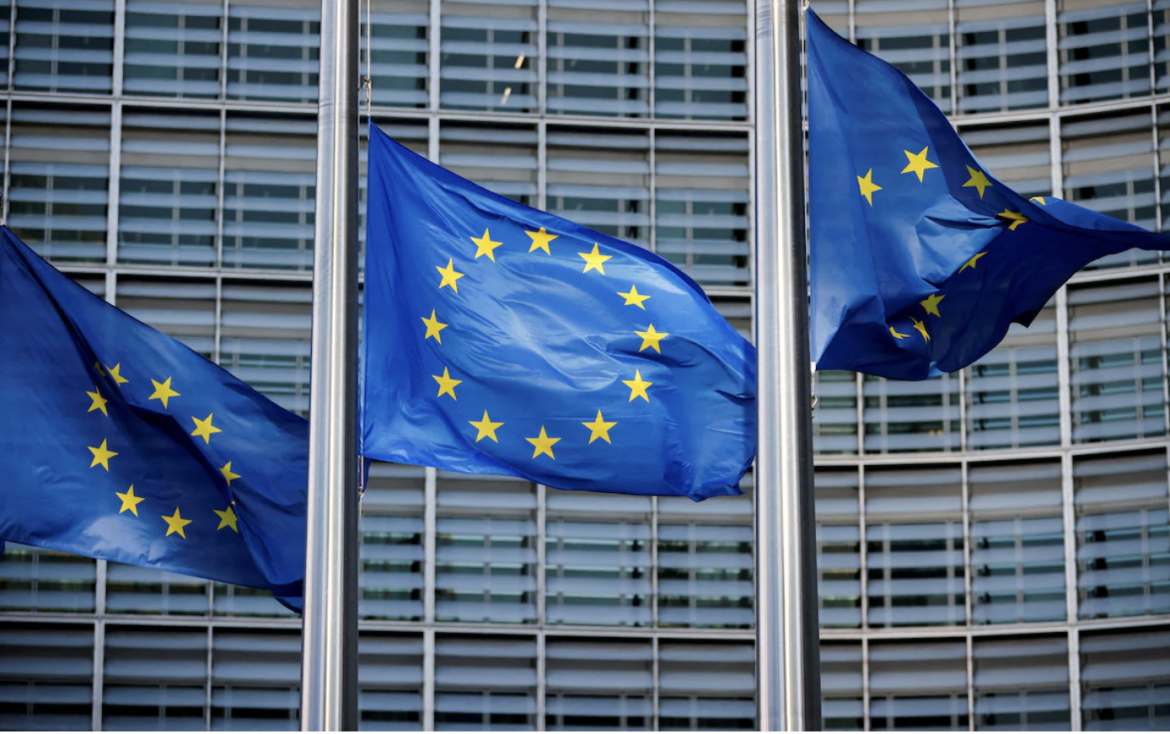European Union countries approved a law on Monday to impose limits on methane emissions from Europe’s oil and gas imports starting in 2030, putting pressure on international suppliers to reduce leaks of this potent greenhouse gas.
Methane, the main component of natural gas used for power generation and heating homes, is the second-largest contributor to climate change after carbon dioxide. It exacerbates global warming when it escapes into the atmosphere from leaky oil and gas pipelines and infrastructure.
At a meeting in Brussels, EU agriculture ministers, who have the power to approve laws on any topic, gave their governments’ final approval to the policy, allowing it to enter into force. Hungary was the only country to vote against it.
From 2030, the EU will impose “maximum methane intensity values” on fossil fuels placed on the European market. The European Commission will design the exact methane limits by that date. Importers of oil and gas that violate the limit could face financial penalties.
The import rules are likely to impact major gas suppliers such as the U.S., Algeria, and Russia. Moscow has slashed deliveries to Europe since its 2022 invasion of Ukraine and has since been replaced as Europe’s biggest pipeline gas supplier by Norway, whose supply has one of the world’s lowest methane intensities.
The Biden administration, which alongside the EU has rallied countries to cut methane emissions by 30 per cent by 2030 to limit climate change, has welcomed the EU’s methane law. The U.S. last year set out its own rules requiring oil firms to limit their methane emissions.
Starting in 2027, the EU will also require that new import contracts for oil, gas, and coal can only be signed with foreign producers that follow methane emissions reporting rules equivalent to those of the EU.
These rules include regular leak checks for European producers, ranging from every four months for LNG terminals to every three years for energy infrastructure below the seabed.
The EU policy also bans most cases of flaring and venting, when oil and gas companies intentionally burn off or release unwanted methane into the atmosphere.



